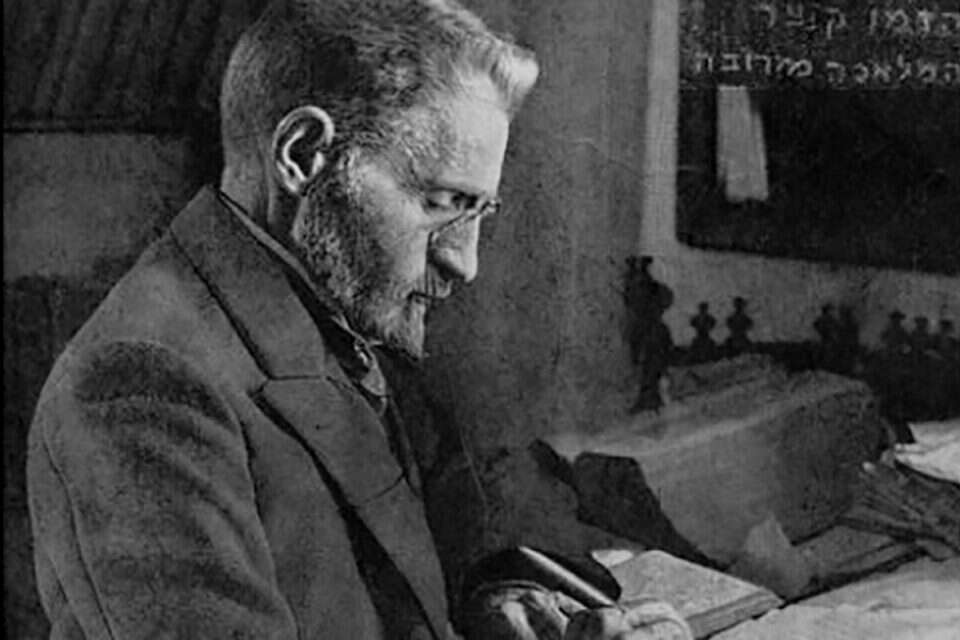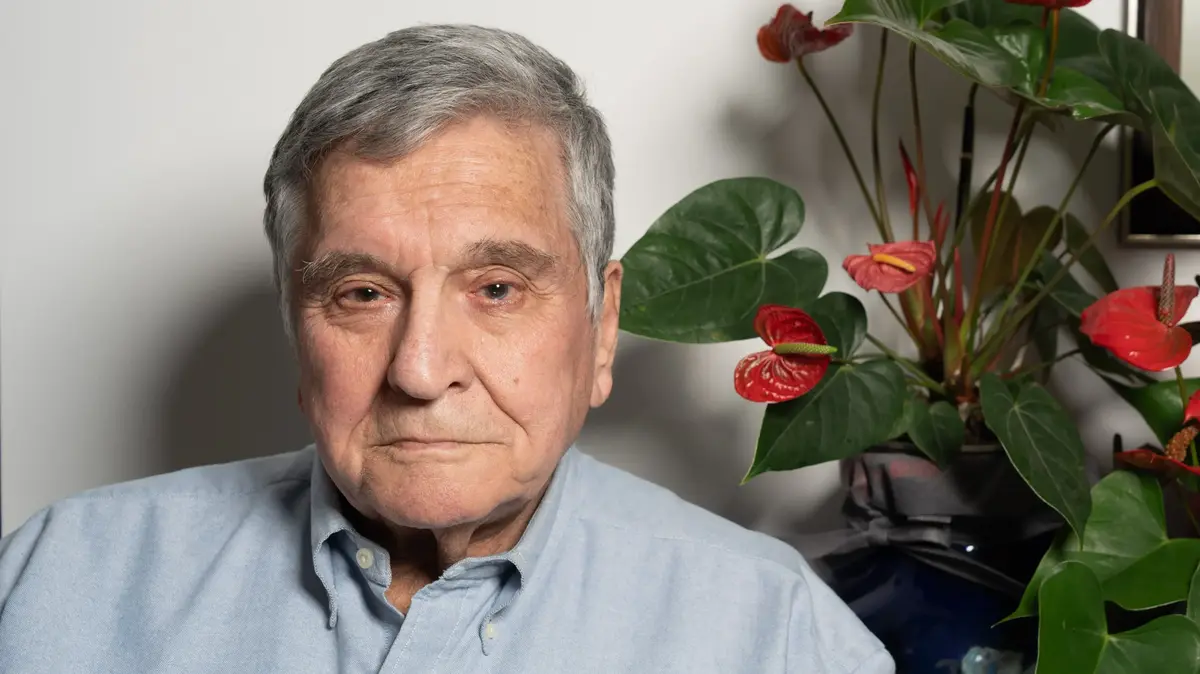At the beginning of next month, Hebrew Day will be held, marking the 100th anniversary of the death of Eliezer Ben-Yehuda, who became a symbol of the Hebrew revival enterprise.
According to the Hebrew calendar, the day of his death will be tomorrow.
The last year was characterized by quite a few hits that combined slang, English words, abbreviations and word distortions, such as "Bocer Tsih Va Tsach".
"Slang is an important part of our language. The son of Eliezer ben Yehuda, Itamar ben Avi, even boasted that he invented words in slang," says linguist and writer Dr. Rubik Rosenthal, who will participate in a discussion that will be devoted to the question of what Ben was - Yehuda thinks about the state of Hebrew today.
The new song by Nuno, Eden Ben Zaken and Anna Zeke includes phrases like "don't ask me why", or "sandwich with an omelette in Syria". What do you think?
"I don't have a problem with that. Many times we use to shorten things like 'Maztumarat?'. By the way, through all kinds of notes they discovered that already during the Bar Kochba rebellion they used to shorten, and there are even songs by Avraham Shalonsky in which words were combined. This does not threaten the language. Foreign words are also part of the language, and there are words that have no Hebrew alternative at all, or that are not suitable for use, such as the word 'intuition'."
Linguistic bluff.
Dr. Rosenthal, photo: Efrat Eshel
What would Ben-Yehuda really say about our language today?
"It's hard to know. You have to remember that his activity began during the period known as the 'language revival.' How we think the words, and that changes the language - for better or for worse. It is the living engine of language.
"There is a legend about Eliezer ben Yehuda, who one day heard a rumor that curses and hateful words had been written against him. He asked if it was done in Hebrew, and when he was answered in the affirmative he said: 'If so - I won.' If he had been exposed to all the changes, I suppose he could have A problem with some of them, but Hebrew in Israel is very dynamic."
What was the most disturbing?
"There are words in today's songs that are thrown like garbage, without too much meaning, without emotion, the materials are shallow. In my eyes, this is a mistake. The words should be as important as the melody - otherwise the song is damaged. Also, there are many words, phrases and idioms that disappear from the horizon of new generations . Like 'learned people's commandment', an expression that refers to actions that are done out of habit automatically, and not out of thought. Also words like 'mitzvath', etc., all of these have become psychometric words."
Do you think the emoji can replace the words?
"No. Emoticons are the biggest linguistic bluff. It's very nice in certain things, when instead of writing 'thank you', 'hello' and the like you send an emoji. It's very nice, but it's limited to these things. Emoticons have no syntax, you can't transfer A sentence or a story, it's just a headache."
were we wrong
We will fix it!
If you found an error in the article, we would appreciate it if you shared it with us









